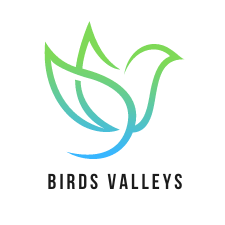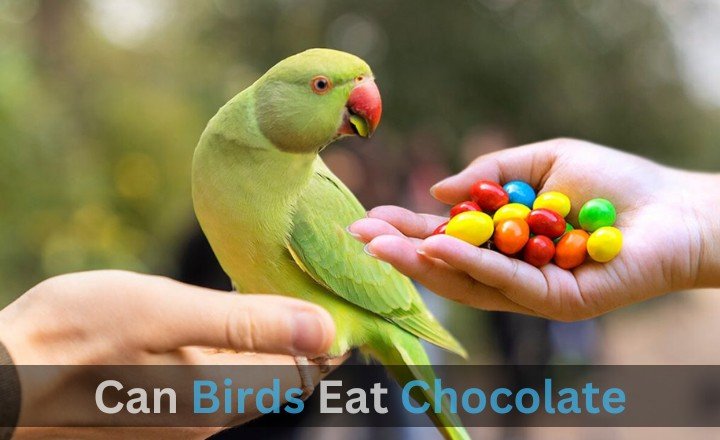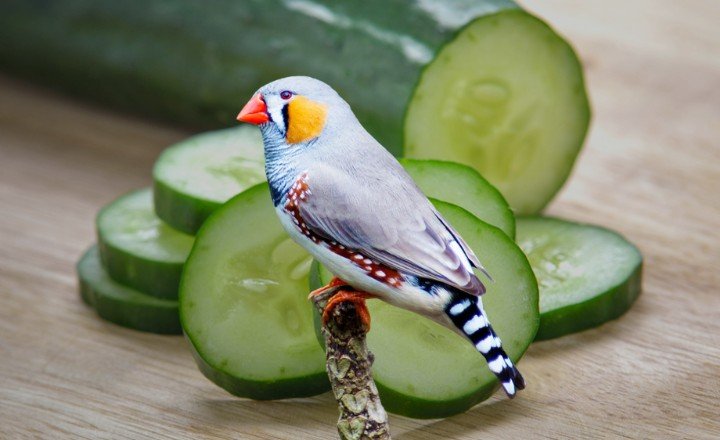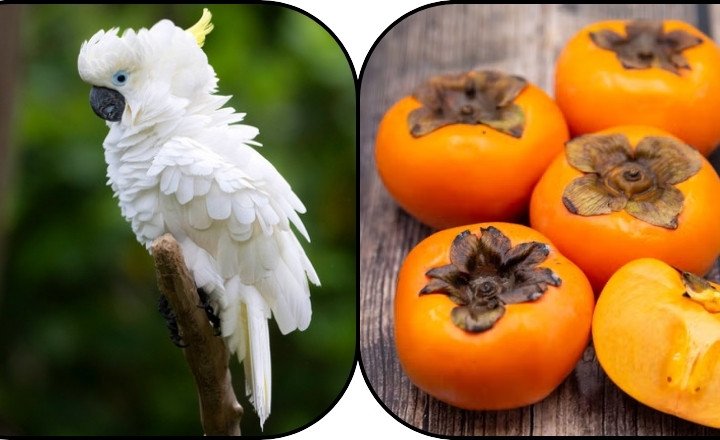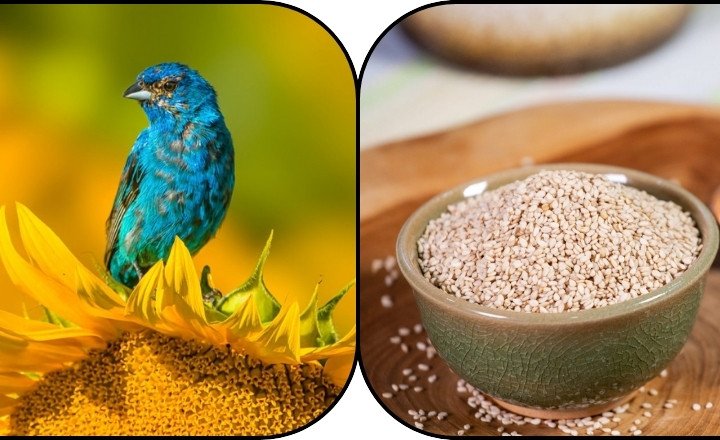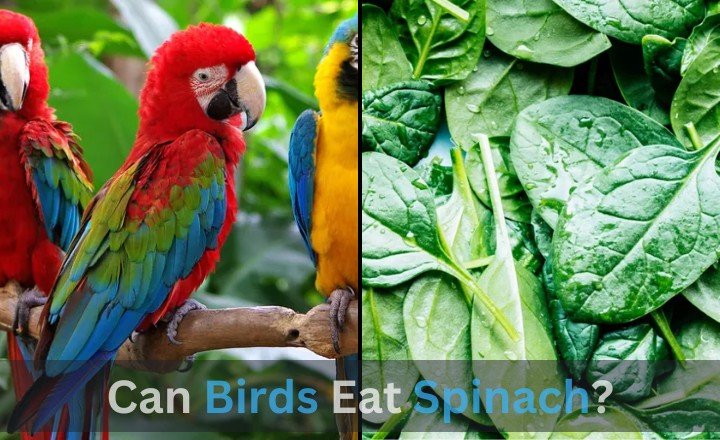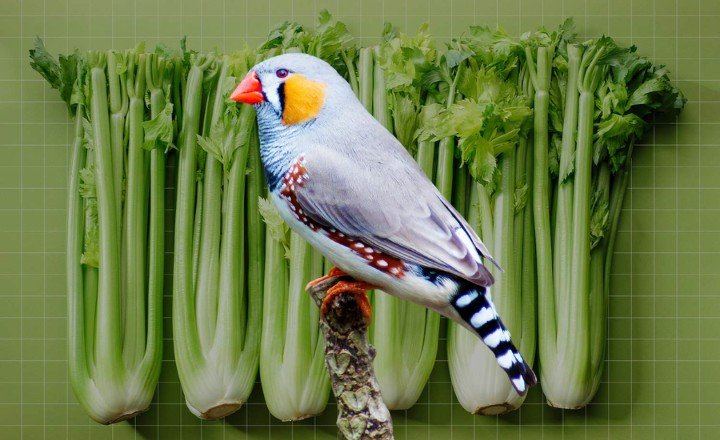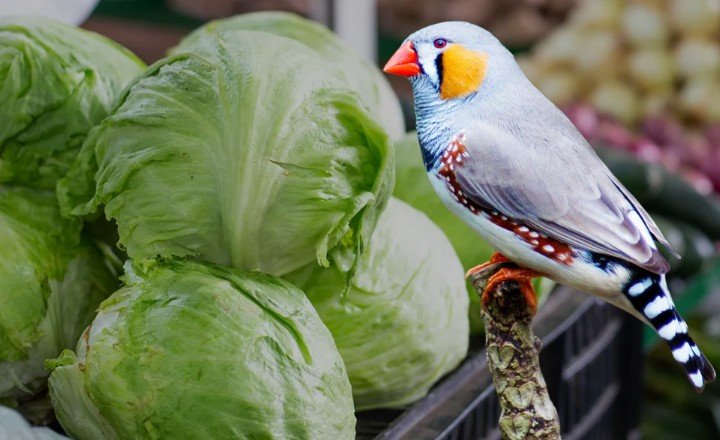Can Birds Eat Chocolate? Safe Foods for the Birds
As a birdwatching enthusiast, I often find myself captivated by the intricate behaviors and diets of our feathered friends. While observing their graceful flights and melodic songs, I can’t help but wonder about the peculiarities of what they can and cannot consume. One question that has fluttered through my mind is can birds eat chocolate?
The mere thought of birds nibbling on a piece of rich, velvety chocolate paints an adorable picture, but as any responsible bird lover knows, not everything we enjoy is safe for our avian companions. In this article, we’ll dive into the murky waters of chocolate consumption in the bird world, exploring its potential dangers and uncovering what treats truly make for a happy and healthy diet for our winged visitors.
Basics About Birds
Before moving on to our topic, I want you to take a little bit look at the basics of birds so you can understand the topic more easily.
Birds are incredible creatures diverse in their diets and eating habits, which vary significantly among species. Their food can be categorized into seeds, fruits, nectar, insects, and even small mammals for carnivorous birds. For instance, seed-eating birds like Finches, Little Green Birds, and Brown Birds have strong beaks designed to crack open tough shells, while hummingbirds thrive on sugary nectar from flowers due to their specialized long bills.
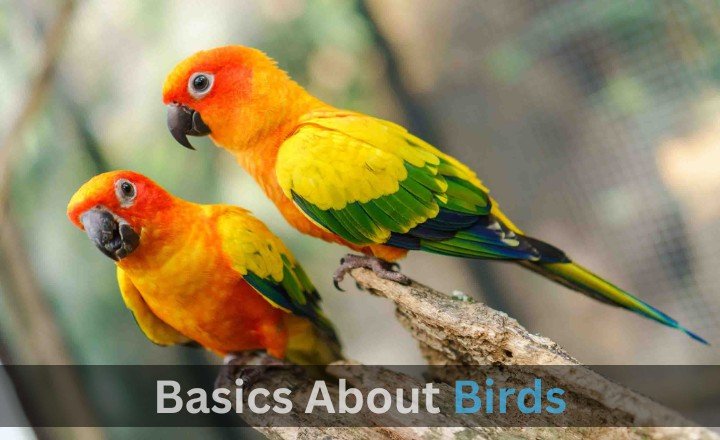
Understanding each bird’s nutritional needs is vital many require a balanced intake of proteins, carbohydrates, fats, vitamins, and minerals for optimal health. When feeding wild birds or caring for pets such as parrots or finches at home, it’s essential to serve them the right amount without overwhelming them. The general rule for pet birds is around 1/4 to 1/3 of their body weight in food daily; however, this can vary based on the bird’s size and activity level.
Can Birds Eat Chocolate?
While chocolate is a beloved treat for humans, it poses significant risks to our feathered friends. The substance contains theobromine and caffeine, both of which can be toxic to birds. Whether it’s a Black Bird or a Hawks, even small amounts can lead to alarming symptoms such as hyperactivity, increased heart rate, and digestive distress. Some species might also show signs of serious neurological issues if they ingest enough chocolate, making it a potential source of severe harm rather than joy.
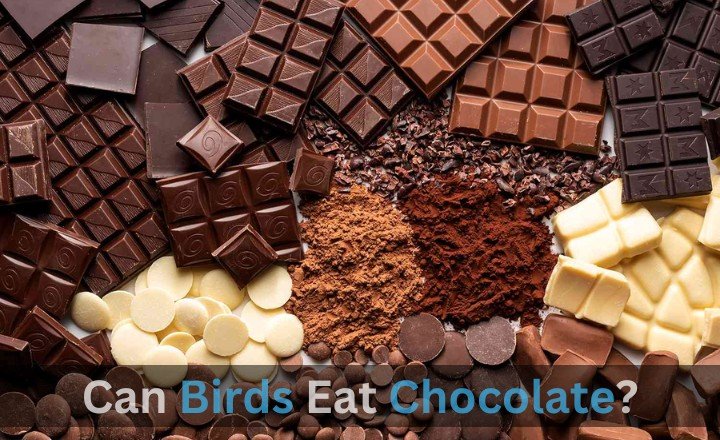
It’s essential to recognize that birds have unique metabolic systems tailored to their natural diets. Unlike humans who may indulge in sweets without immediate consequences, birds are primarily seed-eaters with sensitive digestive tracts. Their bodies are ill-equipped to process rich foods like chocolate or sugar-laden snacks. Instead of sharing those tempting treats, consider offering safer alternatives such as fruits or unsalted nuts foods that align more closely with their nutritional needs while still engaging them during snack time.
When taking care of your pet bird or supporting wild populations in your backyard, it’s crucial to avoid chocolate entirely. By choosing appropriate foods that suit their dietary requirements and promote health rather than harm, you not only ensure their well-being but also enhance the bond you share with these beautiful creatures. Understanding what treats genuinely belong in a bird’s diet highlights our responsibility as caretakers and fosters a deeper appreciation for avian health needs.
Why is Chocolate Not Good for the Birds?
The primary culprit behind this danger is theobromine, a compound found in cocoa that birds cannot metabolize effectively. Even small amounts of chocolate can lead to toxic reactions, resulting in symptoms such as hyperactivity, increased heart rate, and digestive distress. The effects can become fatal if not addressed quickly.
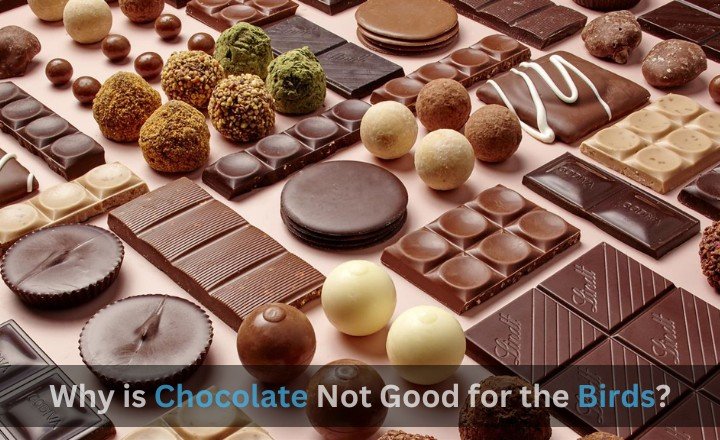
Birds have unique physiological characteristics that make them especially vulnerable to certain chemicals. Unlike mammals who can process theobromine at a safe rate, birds lack the enzymes needed for its breakdown. This discrepancy highlights the importance of being mindful about what we feed wild and pet birds alike even seemingly harmless treats should always be scrutinized for their potential dangers. By understanding these nuances in avian health and nutrition, bird enthusiasts can help safeguard their cherished companions from unintentional harm while ensuring they thrive in a safe environment.
Safe Foods for the Birds
When it comes to feeding our feathered friends, it’s essential to understand that not all foods are created equal. While many people instinctively think of seeds as a staple, it’s important to diversify their diet with safe, nutritious options. Fresh fruits like Popcorn, apples (with seeds removed), berries, and bananas provide essential vitamins and moisture that help keep birds healthy. Vegetables such as Leafy Greens, carrots, and bell peppers can be great additions as long as they’re chopped into manageable pieces for beaks less used to tougher textures.
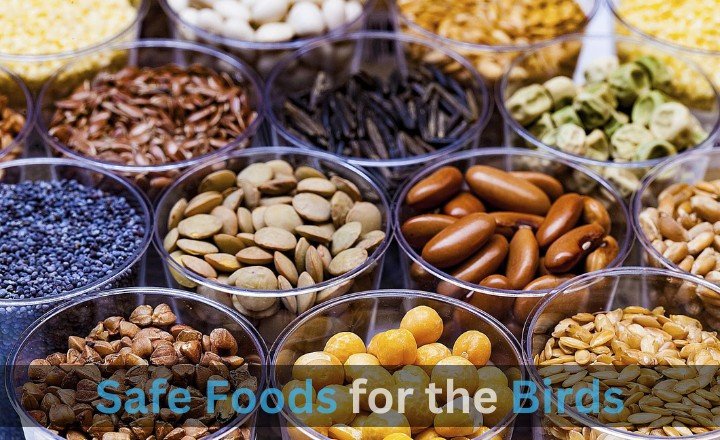
Another delightful treat is nuts! Unsalted almonds or walnuts can be a fantastic source of protein; however, always ensure that they are cut into small sections to avoid choking hazards. Whole grains like cooked rice or oatmeal can also enrich their diet while being easy on your wallet!
Don’t overlook the benefits of offering insects like mealworms or crickets for those avian species that enjoy a bit of protein-rich crunch perfect for fostering natural hunting instincts while supplementing their nutritional needs. By incorporating varied safe foods into your birds’ menu, you not only improve their diet but also enhance their overall happiness and well-being in your care.
‘Can Birds Eat Chocolate’ Conclusion
While chocolate is a beloved treat for many humans, it poses significant health risks to birds. Theobromine and caffeine, two compounds found in chocolate, can lead to serious toxicity in avian species, potentially resulting in severe health complications or even death. Bird owners and enthusiasts must be aware of these dangers and ensure that their feathered companions are kept away from all forms of chocolate. Consider offering safer alternatives like fruits or specially formulated bird treats that cater to their dietary needs.
FAQs
What Happens If My Bird Eats Chocolate?
If your bird eats a little amount of chocolate, it can cause a little bit of damage to the bird’s health. But if it has eaten an excessive amount it can collapse its vital organs such as lungs and rivers.
Can Birds Eat Nutella?
Nutella contains 7% of cocoa and contains a healthy amount of milk to go with it. If the bird has eaten a little bit amount of Nutella, it should be fine, but if it has taken an excessive amount you should get worried.
Can Birds Have Milk Chocolate?
Despite of milk present in the chocolate, it should not be given to the birds. It does have milk but there are also chemicals still present in the chocolate.
What is the Most Toxic Thing to Birds?
Avocado, Chocolate, Caffeine, Salt, Fat, Apple seeds, and onions are some of the most toxic things for the birds to eat.
